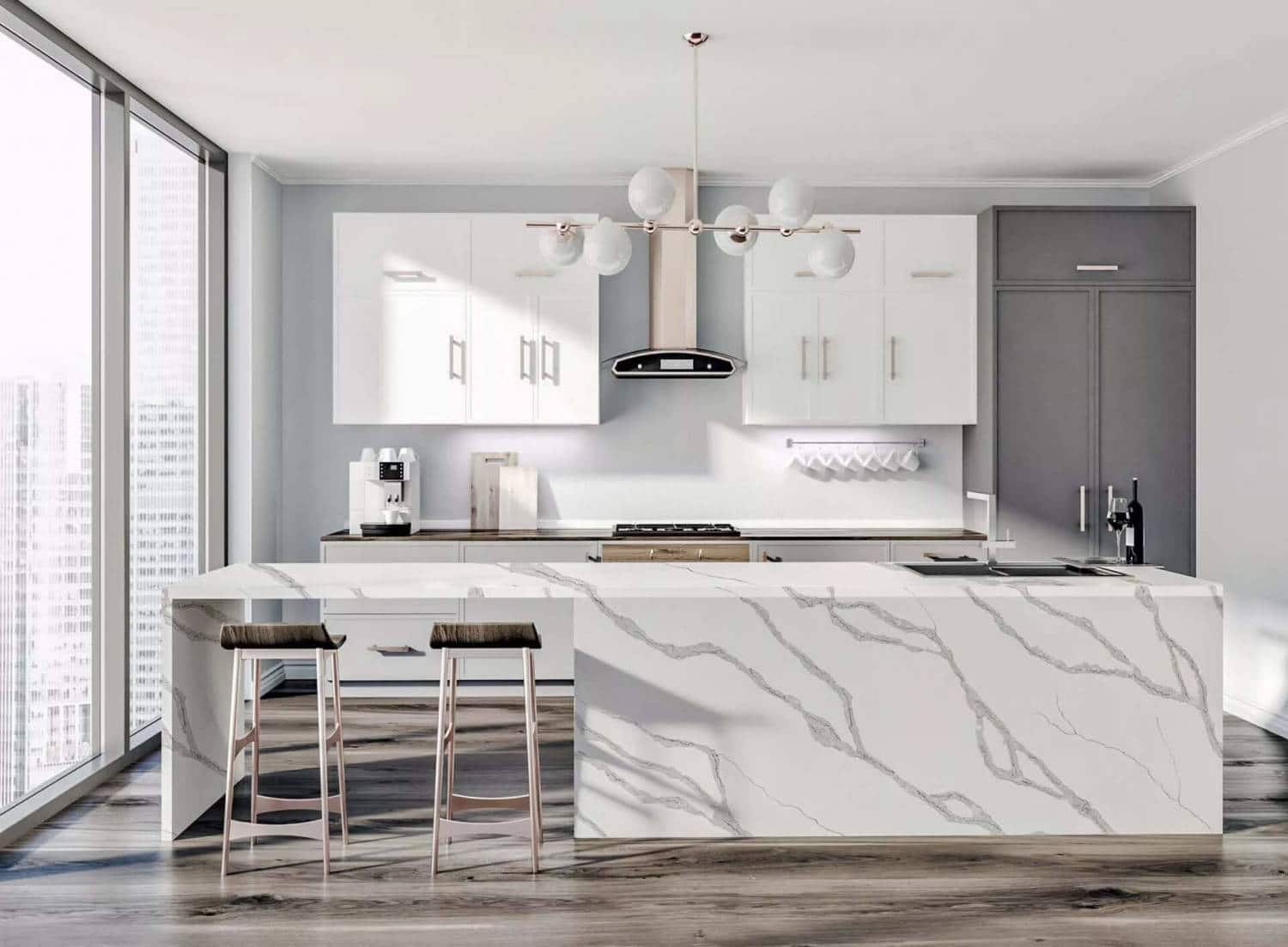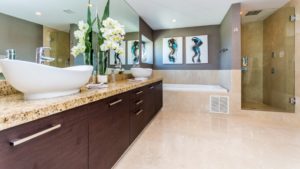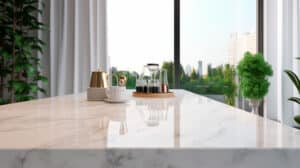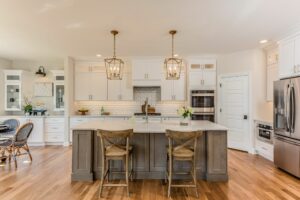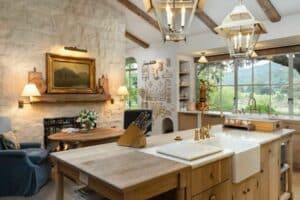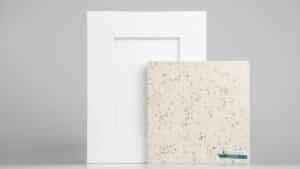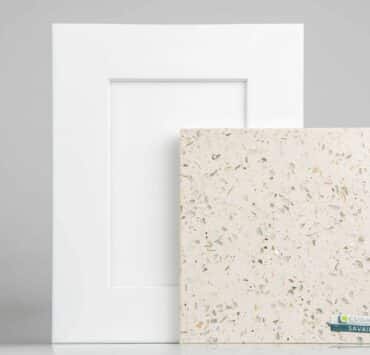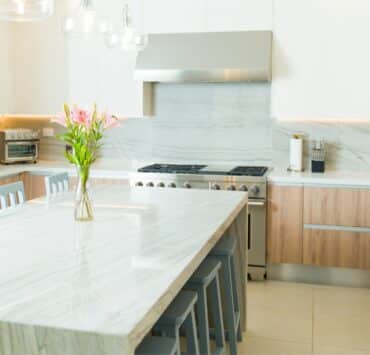Silestone by Cosentino has emerged as a leading choice for homeowners and interior designers seeking both style and functionality in their countertops. This article delves into the world of Silestone quartz, exploring its benefits, applications, and the array of Silestone colors available to enhance any space.
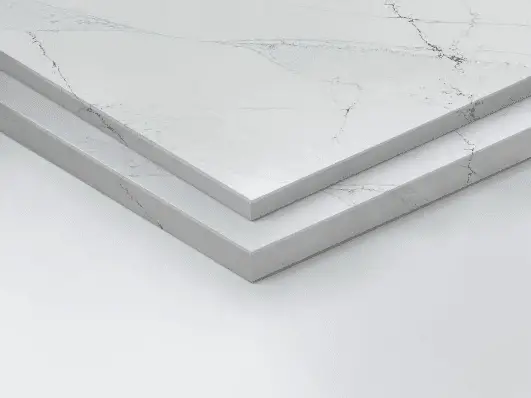
Understanding Silestone
Silestone is a man-made material, predominantly made of quartz, one of nature’s hardest minerals. This composition renders it highly durable, scratch and scorch-resistant, and incredibly low maintenance. Its non-porous nature not only makes it hygienic but also resistant to stains and dents.
- Environmental Considerations: The production process is engineered to be environmentally friendly, with efforts to minimize the impact on the environment.
- Brand and Warranty: Silestone is a brand name, created and distributed by Cosentino, a global leader in the production and distribution of innovative surfaces for architecture and design. These products typically come with a manufacturer’s warranty, which is a testament to their durability and quality.
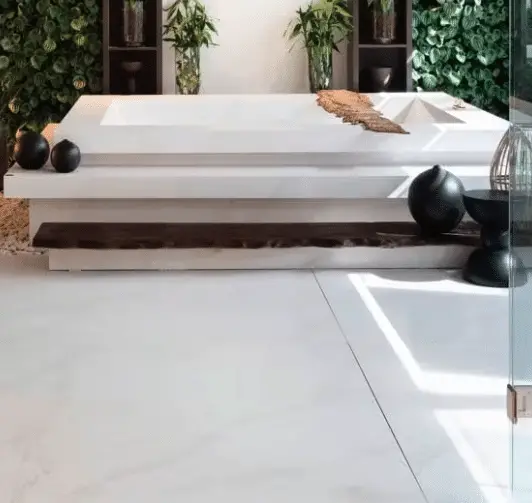
Cost of Silestone
Silestone isn’t the cheapest option out there. It costs between $60 and $140 per square foot when installed. To give you an idea, for an average-sized kitchen, you might be looking at a total cost ranging from $1,800 to $5,600. These prices can vary based on the size, thickness, and customization of the slabs.
Advantages of Silestone Countertops
Low Maintenance
They do not require sealing and can be effortlessly cleaned with just soap and water.
Hygienic Surface
The non-porous surface prevents bacteria or mold, making it ideal for kitchens and bathrooms.
Longevity
It is designed for durability making it a long-term investment for any home.
Aesthetic Flexibility
With a variety of colors, patterns, and arrangements, it can be tailored to fit numerous design aesthetics from modern to vintage.
In Design
Ideal Settings
Its versatility makes it suitable for a range of interior styles. It excels in contemporary, modern, vintage, rustic, American, and Scandinavian kitchen designs, offering a touch of elegance and practicality to any space.
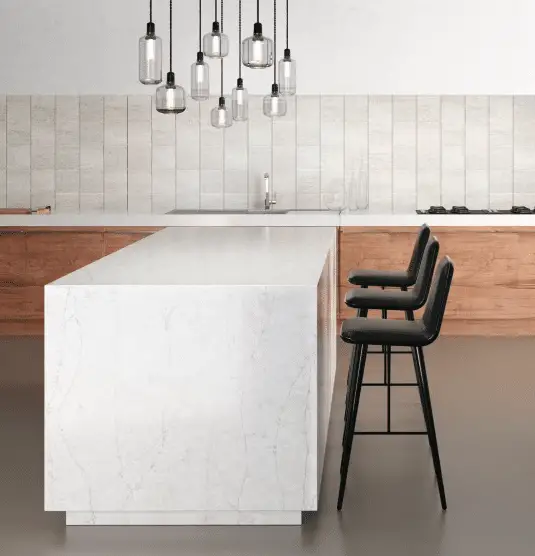
In the Home
- Kitchen Countertops: This is the most popular use for Silestone. Its durability, resistance to stains and scratches, and easy-to-clean surface make it ideal for the demanding environment of a kitchen.
- Bathroom Vanities: Silestone’s non-porous nature makes it resistant to moisture and bacteria, which is essential for bathroom surfaces. It can add a touch of luxury and practicality to bathroom vanities.
- Flooring: Though less common, Silestone can be used for flooring, especially in high-traffic areas due to its resistance to wear and tear.
- Wall Siding and Backsplashes: In kitchens and bathrooms, Silestone can be used as a backsplash or wall siding, offering both aesthetic appeal and functionality.
- Shower Trays and Wall Panels: Its non-porous and hygienic properties make it suitable for use in showers, both as trays and wall panels.
- Tabletops and Desks: It can be used for tabletops and desks, offering a durable and stylish surface for both dining and working areas.
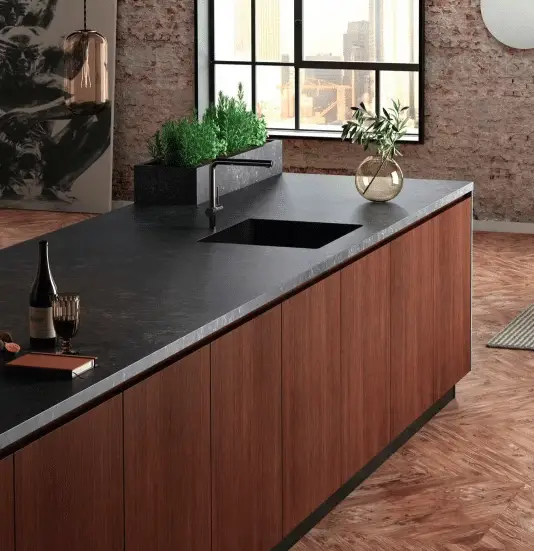
Silestone Colors
Silestone by Cosentino offers more than 100 colors, so your project has no limits!
- Neutral Tones: These include various shades of white, beige, grey, and black. They are perfect for creating a sleek, modern look or for complementing a minimalist design.
- Earthy Tones: Browns, creams, and muted greens or blues fall into this category. These colors are ideal for creating a warm, natural, or rustic ambiance.
- Bright and Bold Colors: Some collections may feature vibrant reds, greens, blues, or yellows. These are great for making a statement or adding a pop of color to a space.
- Dark Colors: Dark greys, blacks, and deep browns are available for a more sophisticated or dramatic effect.
- Patterned and Veined Options: Silestone also offers options that mimic the look of natural stone, like marble or granite, with veins and patterns in various colors.
- Metallics and Sparkles: Some options include flecks of metallic or sparkles, adding a unique dimension to the color.
- Limited Edition and Specialty Colors: Occasionally, Silestone releases special colors or limited edition ranges that may offer unique hues or finishes.
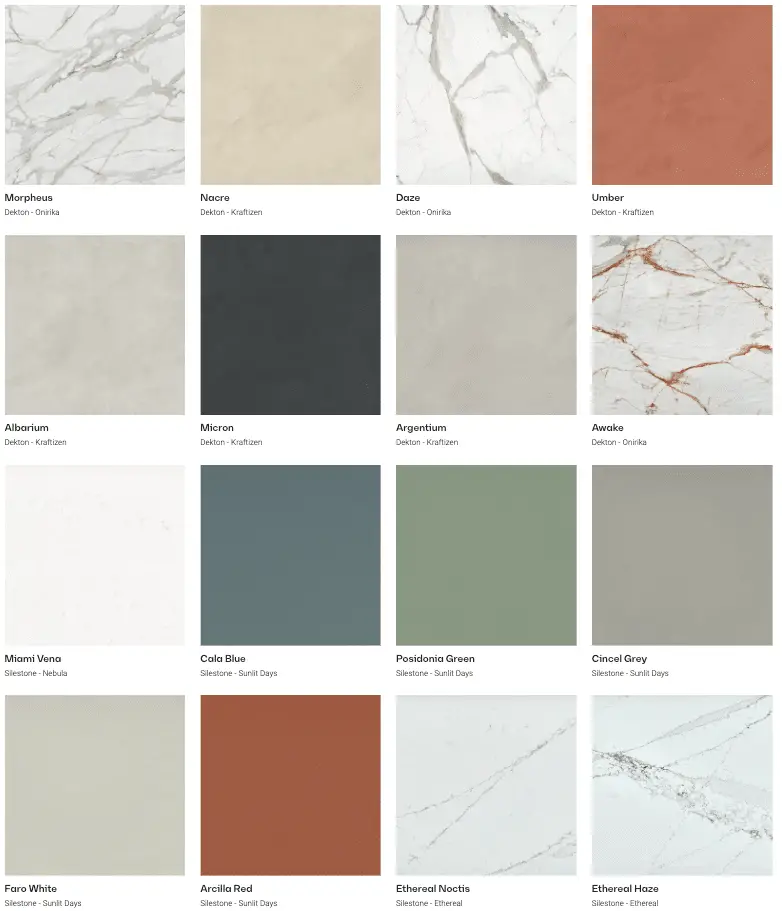
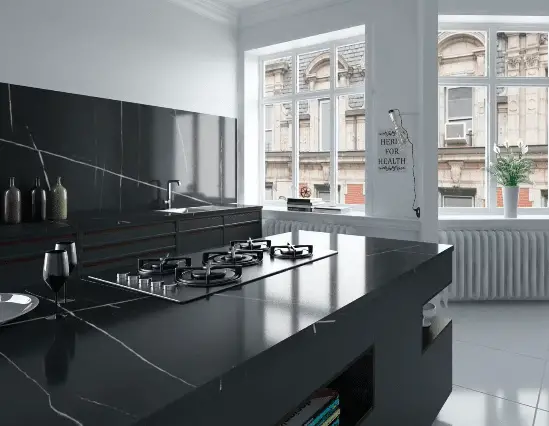
Silestone Sustainability and Innovation
Silestone showcases a commitment to sustainability and innovation, exemplified by its eco-friendly manufacturing practices. The production process is notable for utilizing 99% reused water and relying entirely on 100% renewable electric energy, highlighting the brand’s dedication to reducing its environmental impact. Additionally, Silestone incorporates at least 20% recycled materials in its composition, further emphasizing its role in promoting sustainability within the industry.
FAQ Section
What makes Silestone different from other countertop materials?
It is distinguished by its quartz composition, making it extremely durable, hygienic, and low maintenance.
Can Silestone withstand heat and scratches?
Yes, it is highly resistant to scratches and heat due to its dense, non-porous quartz material.
Are there many design options available with Silestone?
It comes in a wide range of colors, patterns, and arrangements, offering great flexibility in design.
